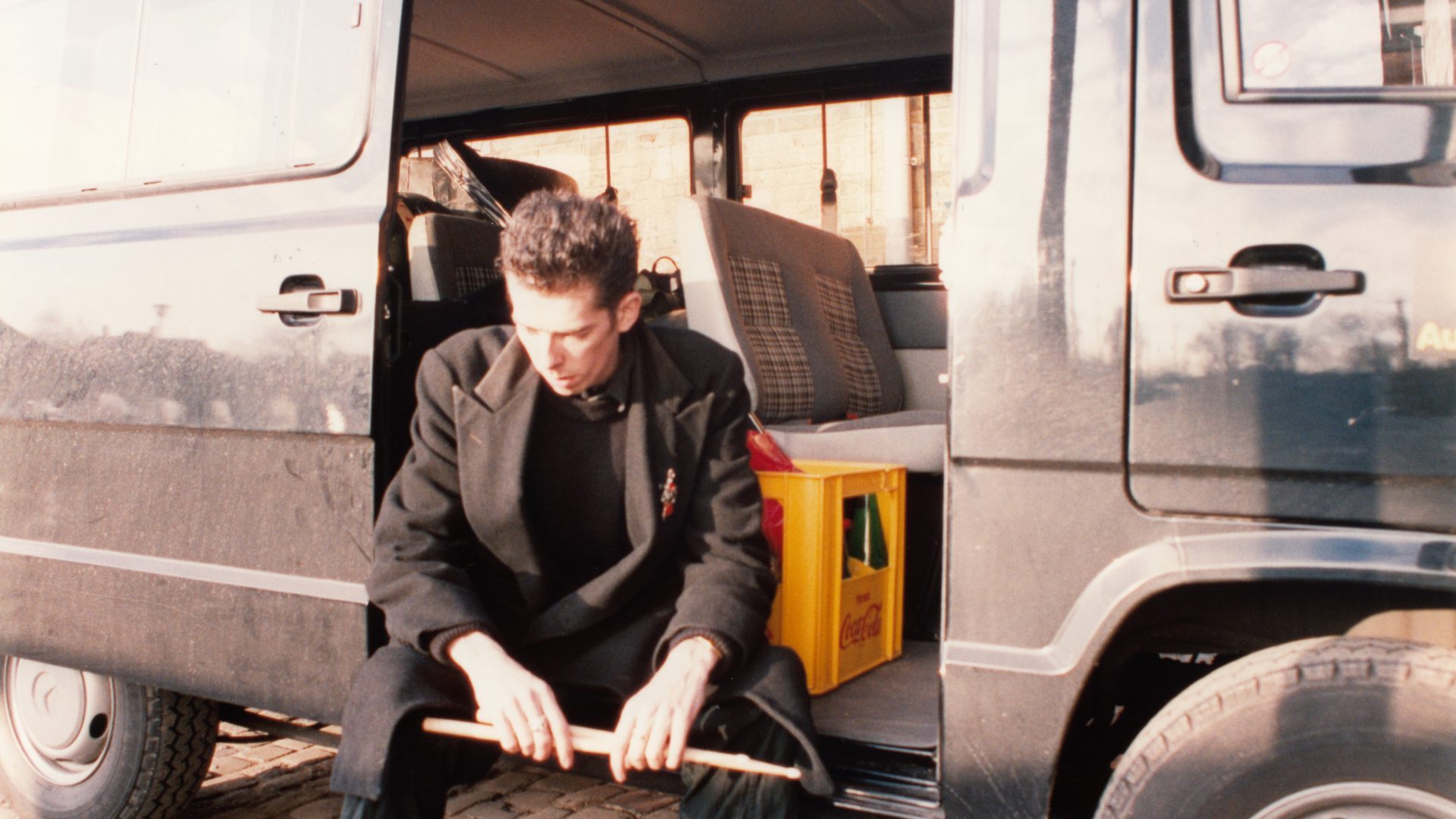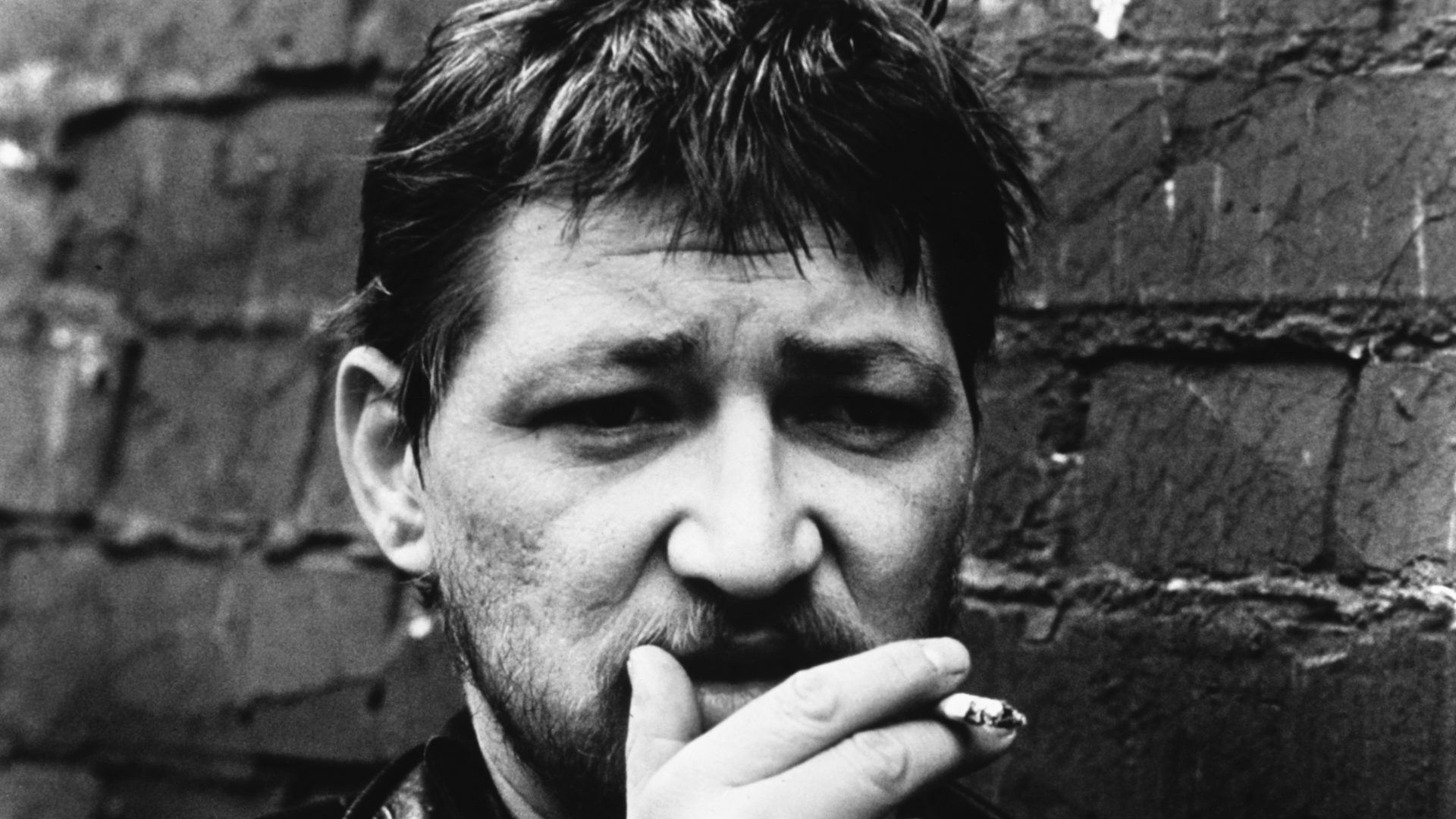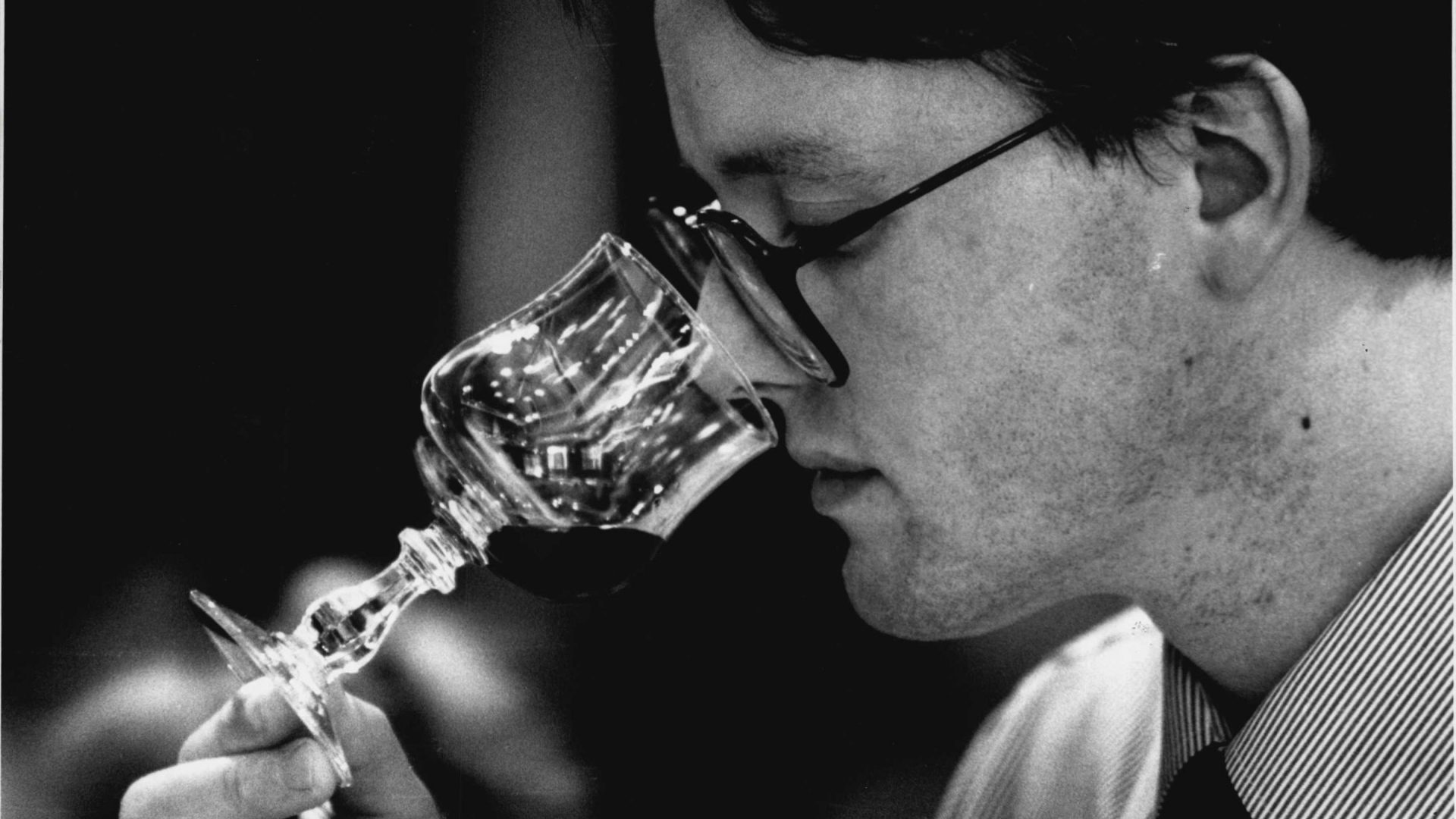In the first half of the 20th century, with the exception of the wealthy, most people in the UK did not expect to travel to mainland Europe. Indeed, the only members of my family who had ventured abroad before 1950 were my great-grandfathers and my grandfather, but it was the world wars that took them there, and not all of them returned.
That gradually began to change in the 1960s, when the package holiday boom began offering affordable holidays to destinations like Mallorca and Benidorm. If you wanted to see more of Europe than just its beach or ski resorts, but didn’t trust hitch-hiking, the arrival in 1972 of the Interrail Pass was a great innovation, allowing a month’s worth of rail journeys across 21 countries for £27.50.
Yet a significant number of young, largely working-class Britons had already discovered many aspects of continental life another way – by playing music.
The Kaiserkeller in Hamburg opened in 1959 and began booking bands from Liverpool; it was followed in 1960 by the Top Ten, the Star-Club and other Hamburg venues. Most famously, the Beatles used their extended stays in the city as a training ground, as did other UK acts such as Gerry and the Pacemakers, the Searchers, and Johnny Kidd & the Pirates.
One such band, all-female trailblazers the Liverbirds, proved such a success at the Star-Club that they moved to Germany permanently. With the increasing popularity of Merseybeat, touring Europe became a regular part of life for many British bands. Not all of them were chart acts – many with a far more niche audience worked the thriving international circuit of smaller venues that put on bands seven nights a week.
The media, including the thriving music press, loved sending reporters out on the road to cover the activities of big rock stars. So the established image of the touring lifestyle usually involved the likes of Led Zeppelin either in their own private 747 jet or ferried around in limousines between stadiums and luxury hotels – a rarefied, hermetically sealed environment where one country looks much the same as another.
Yet the more common reality was five people squashed into an old transit van with all their gear, taking an overnight ferry to Le Havre, then spending long hours on the autoroutes and autobahns, watching the changing countryside pass by, eating at service stations or transport cafes, and engaging with some of the local population along the way. Accommodation was either cheap hotels and pensions, or mattresses and sleeping bags on floors.
Since 1990, my own career as a touring rock musician has taken me to many European countries, on a modest budget, but generally with accommodation, travel expenses, food, drink and a performance fee as part of the deal, playing in many places I may otherwise never have visited, and giving me a glimpse of life in Chemnitz, for example, St Gallen, or Lund. This frequently meant touring in the depths of winter, going to industrial towns not on the tourist route, and sometimes places that would not even qualify as a village.
Rock’n’roll has been the best travel agent I ever had, and even the cities already familiar to me felt different when experienced this way.
After the show, club owners might take us to their favourite local late-night bar, and frequently recommended the best record or vintage clothing shops in town. I met a great many people from different countries, not as a tourist, but as someone there to do a job, which also encouraged me to try learning the languages in order to speak to shop owners, hotel staff or local sound crew, as not everyone understood English, especially in the smaller towns.
I took a lot of photos, wrote a tour diary each day on the endless road journeys, and kept copies of flyers and posters from clubs where I played. With the passing of time, it is easier to see what has changed, and the everyday details of much of what I experienced would have been lost to me had I not written them down at the time.
The version of myself that comes through to me in those pages, sometimes recording impressions of my first visits to a particular city or country, is at times humorous, often bone tired and frustrated, and frequently naive, but what I wrote has the inevitable sense of immediacy that puts me right back in that van or backstage room or hotel if I ever reread them. Increasingly, it seems like a vanished world.
My touring days started long before the advent of the euro. Sometimes we would play in Germany one night, Belgium the next, then the Netherlands, and then into France the day after, before heading back to Germany again – from Deutschmarks to Belgian francs to Dutch guilders to French francs as we played through four countries on four consecutive days. Each morning as we crossed another border, the previous day’s currency became useless, and I often wore a leather biker jacket with a different currency in each zipped-up pocket to keep track.
Mobile phones back then were huge and only for the wealthy, so in each country a lot of time was spent looking for anywhere that would sell you a phone card for a phone box to call home, and if you broke down on a long stretch of motorway, you had no way of ringing the venue to say you’d be late.
Satnav, Google Maps and Streetview did not exist, so you might have to navigate by means of some hastily scribbled-down instructions the promoter had told you over the phone a week or so before the tour started (“turn left at the fifth set of traffic lights when heading for Groningen from the south, then look out for a petrol station and go left, then right, then left for two kilometres, then left again and the club is an old warehouse about 15 minutes down that road. You can’t miss it…”).
Sometimes we’d circle the outlying streets of a city for an hour or so before finding our destination. Everything had that slightly unreal quality that comes from being far from home without much of a safety net, and our only calling card in most places was that we’d done a string of sessions for John Peel, who had a show on the BBC World Service in addition to his Radio 1 programmes, and was respected by music fans across Europe.
The first time I played in Berlin was only about 10 months after the wall had come down, and Potsdamer Platz was mostly an empty space where a large section of it still stood, with just a hole knocked through it for traffic. Our first show was in what had until recently been East Berlin, where we played in an old Stasi building that had been looted and then turned into a club, knowingly named “Come In”. You still saw plenty of Trabant cars in the streets at that time, and most of the trees in the district looked grey and sick from the air pollution that had been a feature of life in the DDR. I have played many shows in Berlin over the years since then, and also lived there from 2000-2005, and that part of the city – and indeed Potsdamer Platz, with its Lego-like shopping mall and cinemas where the wall’s death strip used to be – is very hard to recognise from those days.
If I hadn’t spent so much of the previous three decades travelling through mainland European countries to play music I would have missed out on a great deal – some good, some bad, most of it educational. Certain customs officials would often adopt an enthusiastically suspicious attitude when confronted by the sight of a van full of musicians, so we were comprehensively searched one afternoon by a group of autoroute police backed up by soldiers armed with machine guns and dogs, making us three hours late for our soundcheck at the Casino de Paris.
Then there was the night our host encouraged me to step outside on to the icy roof of a skyscraper, 12 floors up, in the middle of a Swedish winter at 3am to admire the view, only for me to discover that it sloped and there was no guard rail. Or the moment we noticed a rear wheel from our secondhand van happily bouncing off down the road ahead of us as we slewed from side to side and our driver fought for control of the vehicle. All part of the deal, one way or another.
These days, touring is a completely different business, and post-Brexit regulations and labyrinthine paperwork requirements have made it hugely complicated for UK bands to play on the continent, and much less cost-effective. In addition, posting merchandise to buyers in other countries has become such an expensive, customs duty-plagued nightmare that many bands have given up sending anything abroad, thus losing revenue.
In the 1990s, we were generally happy to just about break even after a three-week tour, but a similar jaunt in 2024 can lose thousands of pounds, and the advent of streaming services – with their insultingly small royalty rates – has largely destroyed smaller bands’ income from record sales.
Fewer musicians on my level now will ever be able to experience these kinds of journeys, which have done so much to foster mutual understanding between the UK and other European countries for more than half a century.
Max Décharné has toured Europe with bands including Gallon Drunk and The Flaming Stars. An author as well as a musician, his most recent book is Teddy Boys: Post-War Britain and the First Youth Revolution



